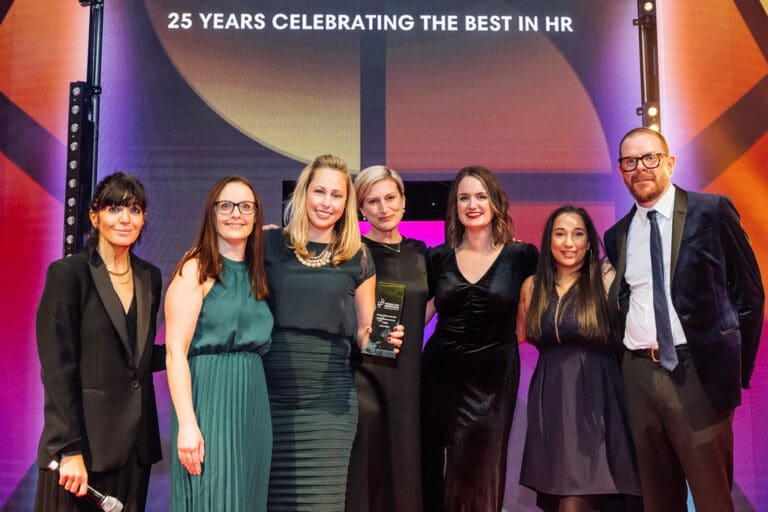It’s become clear from our work with university careers services and student recruitment teams, as well as large corporates recruiting graduates and apprentices that social mobility is a hot topic.
The growing awareness of the subject signals an important fact – the need for educational institutions and employers to work together is more important than ever before.
Poorer students are still likely to earn 10% less than their more affluent peers.
The Bridge Group released a report into social mobility and raised the point that whilst there is a strong focus on universities access to lower socio-economic groups – with modest progress being made – there wasn’t a corresponding focus on supporting students from this group once they started life as a student.
When it comes to social mobility in Higher Education recruitment, England was the most unequal country in Europe – something that was quite hard to achieve, but most certainly not something to be proud of.
Statistics show that the poorer the student, the less they’ll earn following graduation.
And this still holds true even if you compare universities and courses against each other, in fact poorer students are still likely to earn 10% less than their more affluent peers.
The research the Bridge Group conducted showed that there are key stages when those students from lower socio-economic groups were being disadvantaged against:
- Pre-university experiences: Students who experience poor CEIAG before university are less ready to manage their careers, and less likely to visit the university careers service
- Transition and retention:Drop-out rates are much higher for disadvantaged students so the numbers leaving university are proportionally smaller
- Participation factors: Statistics show that lower socio-economic students are less likely to take up internships or work related to their course, as well as take up extra-curriculum activities whilst at university
- Employer practices: Large employers are less likely to hold campus events at universities with a higher % of less affluent students.
Employers don’t help with leveling the playing field as research showed that overseas experience was high on the list of desirable experiences, something less affluent students were less likely to have.
Participation in sports and societies also helped when it came to employers favouring one candidate over another, and again research shows that there’s less uptake of this from lower socio-economic groups.
The Bridge Group made a number of recommendations including the need for there to be a much greater encouragement from careers service professionals in delivering school outreach work.
They also suggested that universities should be more ambitious in creating meaningful employment opportunities for students on campus, and adopt best practice recruitment processes to promote diversity.
Another area marked out as a recommendation was the involvement of university alumni.
If careers services can engage with students early on in their university life, particularly first year, and bring a successful, young alumnus in to talk to them about what they should be doing, then that’s a far more powerful message than if it came from the careers service.
It’s something that we’re helping several of our university clients, both careers services and student recruitment teams to really improve on through organising live chat discussions and digital engagement sessions that really help with starting dialogue with lower socio-economic student population.
Check out our University Clients Case Studies to find out more.






